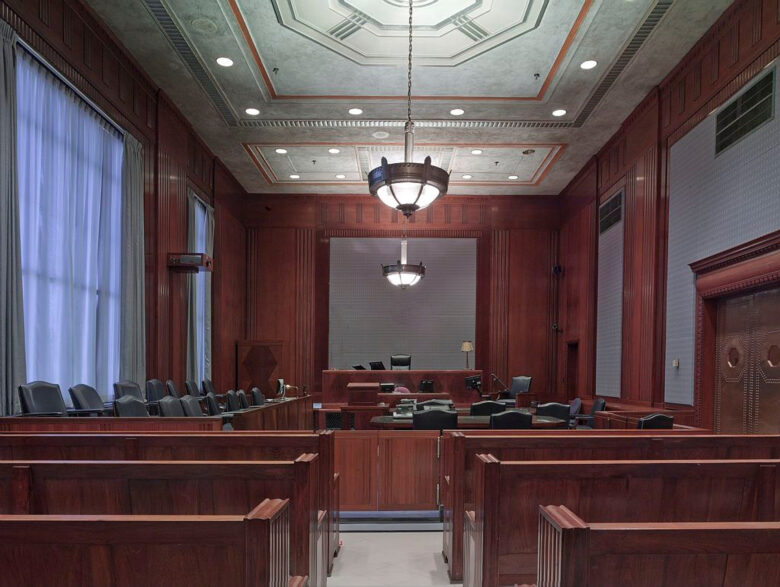Full Decision
Guest Author: Christopher Obagi
Joseph Y. Obagi and Christopher A. Obagi, Counsel for the Plaintiffs
Kevin Nearing, for the Defendant, Jacques Poitras
Barry G. Marta, for the Defendant, Security National Insurance Company
Joseph W.L. Griffiths, for the Defendants, TD Insurance Meloche Monnex in the companion action
The Plaintiffs brought a motion to strike the jury notice after their ten-week trial was adjourned indefinitely as a result of the COVID-19 pandemic.
There are two actions, one of which is a tort action for personal injuries arising from a motor vehicle collision that occurred on May 9, 2013 in the City of Ottawa. The Plaintiffs sued the driver, Jacques Poitras, who rear-ended the Plaintiffs’ vehicle. The Plaintiffs also sued their own insurer under the OPCF-44R endorsement. The second action is a claim against the insurer for the insured Plaintiff for the same collision. That claim is for denied accident benefits and punitive damages. The two actions were ordered to be tried together and were scheduled and ready to proceed to a jury trial on April 20, 2020.
The Plaintiffs argued that it is uncertain when, or even if, civil jury trials will resume in Ontario. The Plaintiffs argued that they should not bear the weight of these uncertainties and emphasized that any further delay could be substantial. As one of the actions involves a tort claim arising from a motor vehicle collision, Ms. Louis’ recovery for past loss of income is limited to 70 per cent of her past losses: Insurance Act, R.S.O. 1990, c. I.8, s. 267.5. The Plaintiffs argued that any further delay is an unjust windfall to the Defendants in the tort action.
The Defendants argued that they have a substantive right to a jury trial and that there is no evidence that a judge alone trial could be heard any sooner. The Defendants further argued that the government is preparing a response to the pandemic and that the court should not interfere and instead take a wait and see approach.
In referring to the handful of cases that previously decided this issue in Canada, the court found that the real and substantial prejudice arises simply by reason of delay, independent of the specific prejudice regarding the income loss claim. None of the parties to these actions has an unfettered right to a jury trial and the parties should not be required to wait for a policy decision from the legislature. The court found that any further delay would require costly updated expert reports and there was no information on when and how jury trials could be heard.
Regarding the remaining issue of scheduling a lengthy judge alone trial such as this one, the court went on to suggest that a non-continuous trial in blocks of time, as opposed to continuous, should be attempted during these times, which is not possible with a jury. This was a critical comment in the decision as this matter was scheduled for 10 weeks and a non-continuous trial would allow the Plaintiffs to at least get the trial scheduled and moving forward in shorter blocks.
Ultimately the court found that justice to the parties will be better served by these actions proceeding to trial, in a timely manner, before a judge alone.













